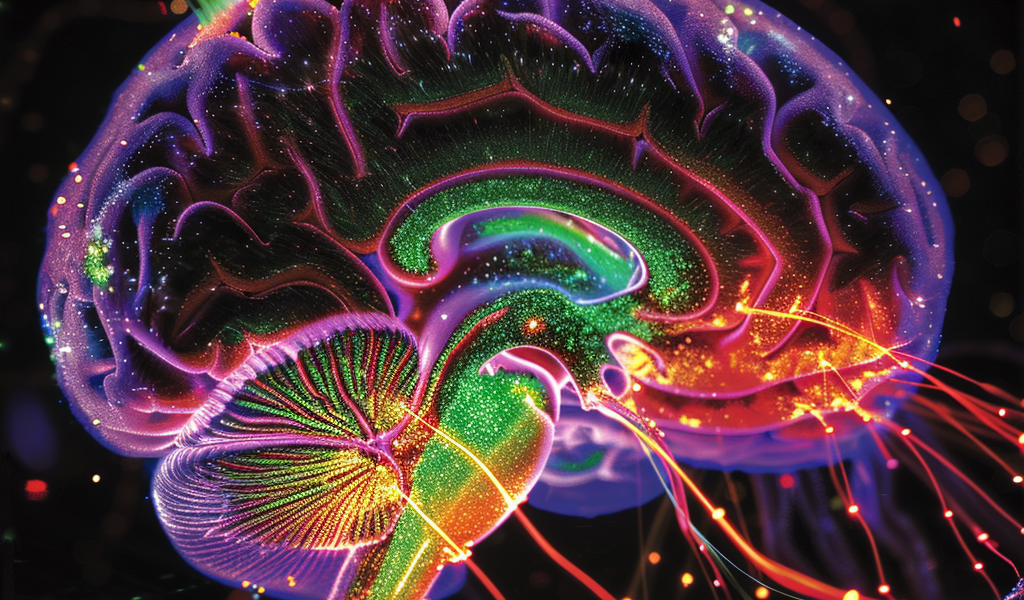Scientists have identified a key protein in the development of Alzheimer’s disease which could prove critical in slowing or even halting the condition’s progress.
In tests on mice, a research team led by University of Colorado pharmacologist Tyler Martinez found that blocking a protein called murine double-minute 2 (Mdm2) stopped the destruction of the protrusions or ‘dendritic spines’ and junctions (synapses) that aid communication between brain cells.
This degeneration is triggered by the build-up of a substance called amyloid-beta, which has long been linked to clogging up the brain in people with Alzheimer’s. When Mdm2 was deactivated, amyloid-beta no longer had the same effect.
While a certain quantity of amyloid-beta and the trimming of dendritic spines serve important functions in a healthy body, problems happen when they get out of control. Understanding the first links in that chain is likely to be crucial in understanding Alzheimer’s.
The neurological communications handled by dendritic spines and synapses are crucial in our ability to learn and remember – and in Alzheimer’s, those functions are significantly impaired, due to the breakdown in the brain’s signaling.
In this study, the experimental cancer drug nutlin was used to limit Mdm2 activity, which itself usually plays a significant role in tumor suppression. It’s still early days for this particular area of research, but what the researchers have seen in mou





